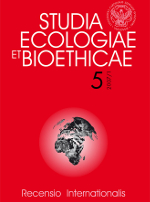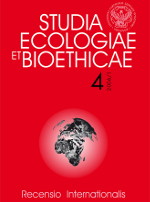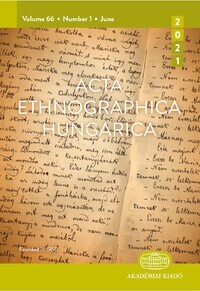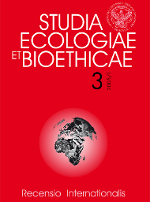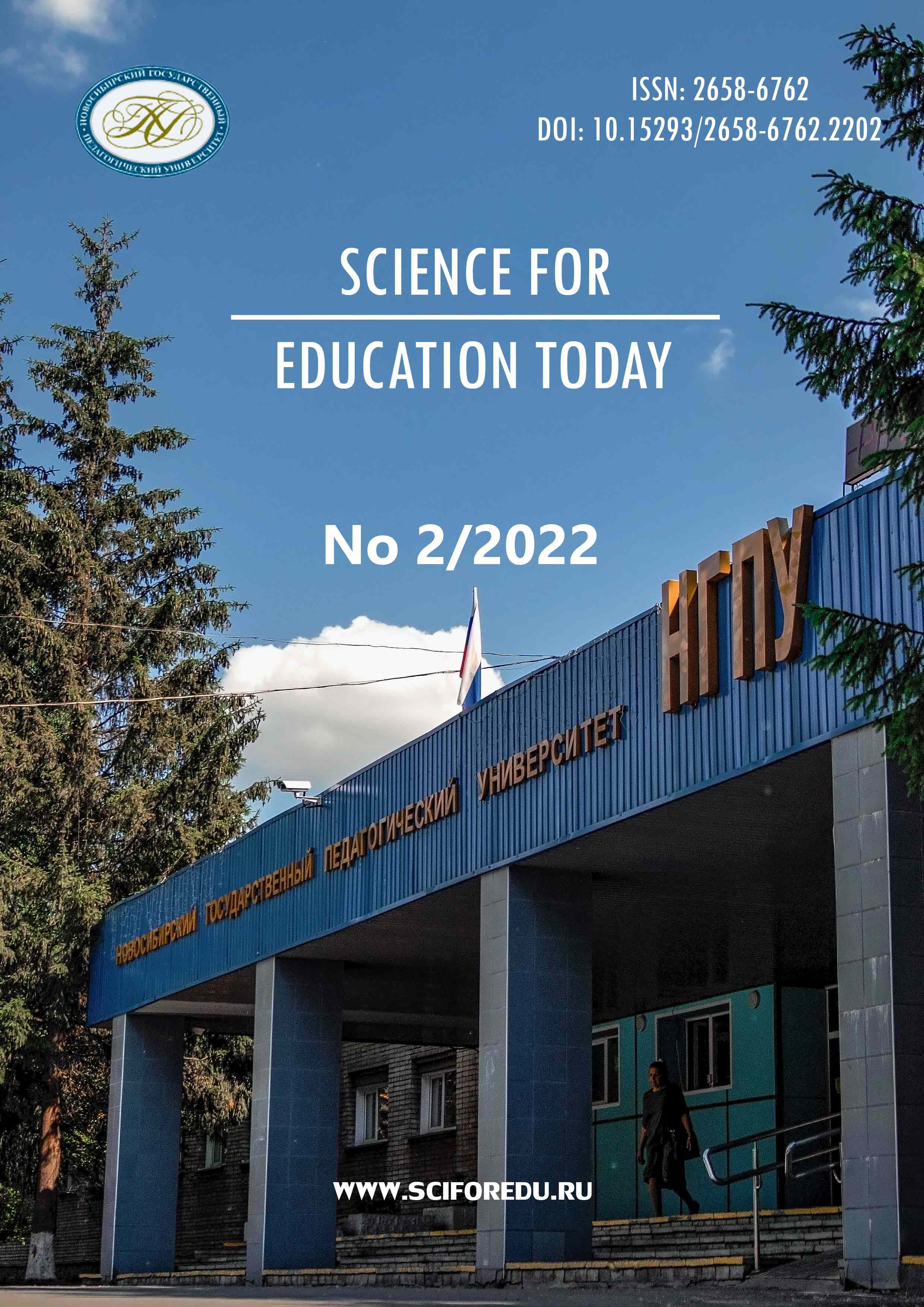Author(s): Jacek L. Łapiński / Language(s): Polish
Issue: 1/2006
It is true to say that there is a wide range of definitions and types of space e.g. abstract space, mathematical space, physical space, social space, etc. Cultural depiction of space emphasizes its anthropological dimension. Cultural space is a sphere of social relations, interactions, and feed-back between a human being and physical space. According to E.T. Hall, space is a form of communication. In my opinion, it is also the environment for the functioning of culture. Simultaneously, space seems to be a characteristic product of culture. Time is forming the organizations of cultural space. Time is a measure of change (Aristotle) a total of various rhythms, events, and conceptions (E.T. Hall). From an anthropological point of view, time is also a creator of different kinds of space environments for different kinds of culture. Cultural space and time complement one another. It appears that they should be perceived as space-time. As E.T. Hall claims, culture is a form of interpersonal communication. It is formed by any number of units and it reveals three levels of functioning:a) conscious, technical;b) private (or personal);c) hidden, unconscious, primary.The essential element shaping all levels of culture like in the case of space is time (e.g. biological, physical, metaphysical, sacred, cultural, etc.) Generally speaking, time is a silent language of culture - one of the basic means of communication. As Hall believes, time is a core system of every culture. As well as being the main organizer of a human being s cultural activity, time is a tool of insight into the culture. In my opinion, cultural research should take the modifying influence of time into consideration, these two factors ought to be treated inseparably as the reality of time-culture. Culture is a constituent of a cultural landscape. In my opinion, a cultural landscape is becoming a culture physiognomy an external reflection of its constituents: time, space, and communication. A cultural landscape is a manifestation of collective national remembrance which was inherited through generations, society, and ethnic groups. A cultural landscape evolves within the changes of remembrance, however remains strangely stable. Its changes occur with the delayed reactions. A hypothesis that explains the above characteristic features of a cultural landscape is one of Rupert Sheldrake's concept of the morphic field and morphic resonance.
More...
